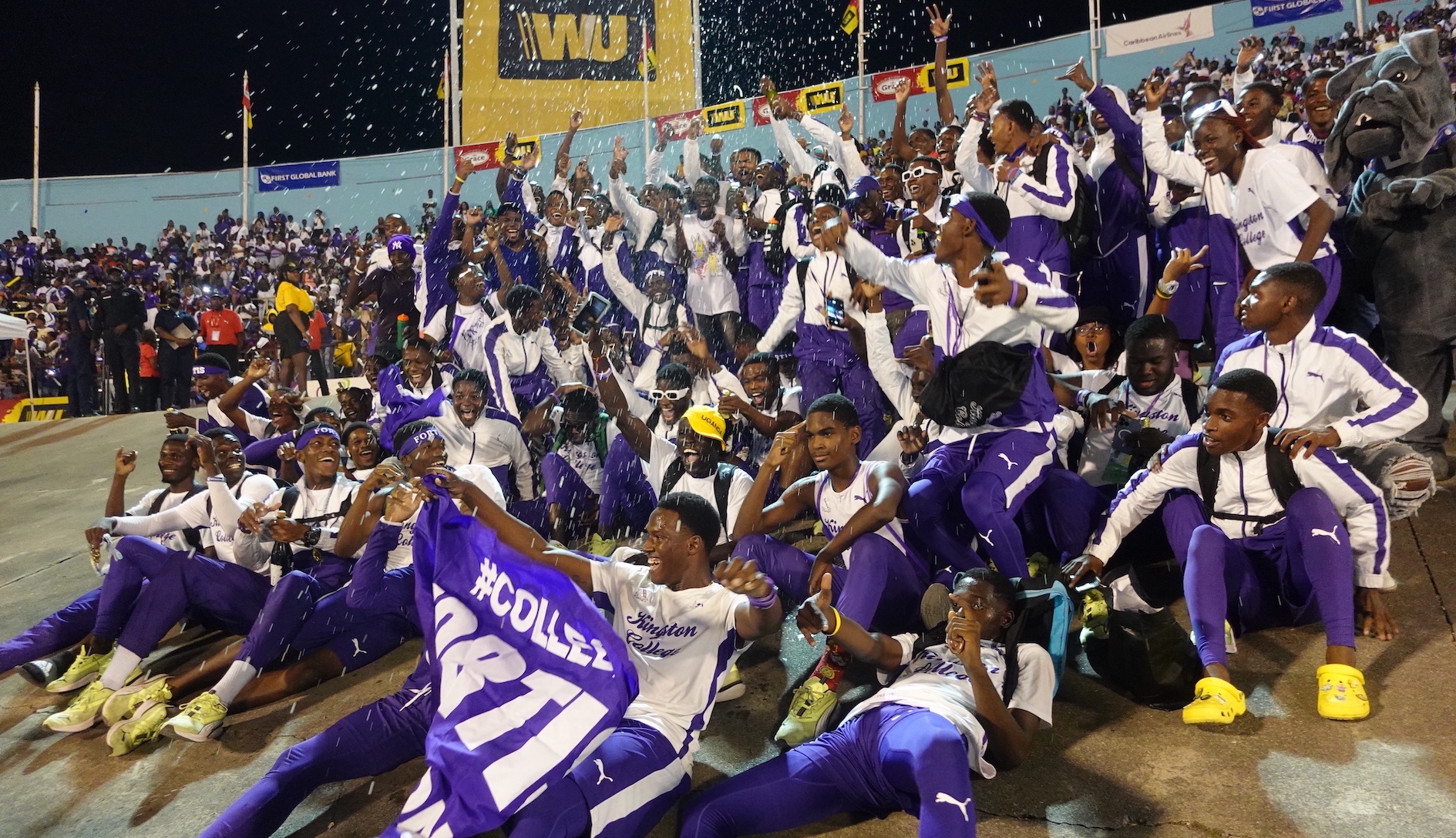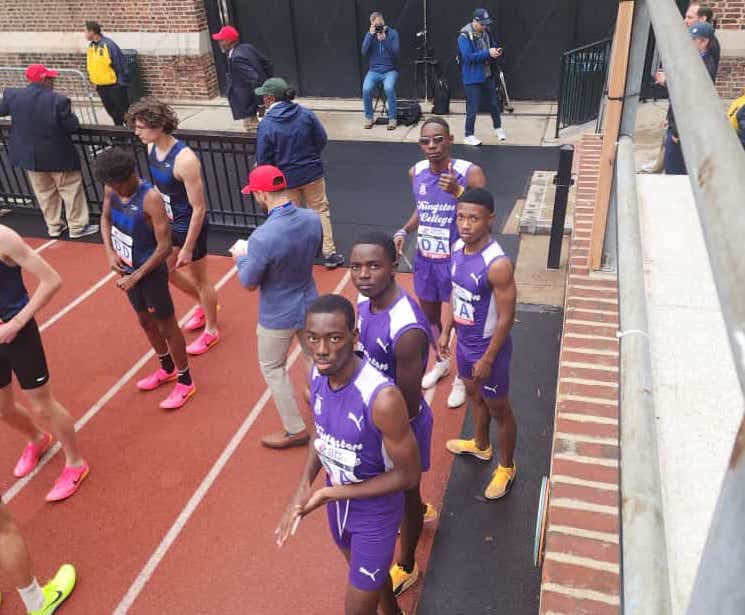The Calabar High School family has been reflecting on ISSA’s decision to allow a student from Uganda attending Kingston College (KC) to participate at the 2017 Boys & Girls Championships having been deemed ineligible to do so by their own rules. These reflections have been characterized by the embrace of certain principles so as to ensure that there is objectivity and sensitivity in our speech and action.
In keeping with the principle of fairplay we sought to ascertain as much information relating to the case as possible. To this end, we wrote to ISSA requesting their written ruling/statement on the issue. Sadly, we have not been favoured with a response, the absence of which has only served to deepen the perception of ISSA being a body which considers itself to be above critique or accountability.
Their non-response has led us to the following assumptions:
1. The question of the child’s eligibility is moot i.e. he is ineligible based on ISSA’s clearly stated and enunciated criteria;
2. The notion that he was registered before arrival, while capitalizing on a common misinterpretation of what it means to be registered, is wholly inaccurate. To be promised, offered, granted a space in an institution isn’t the same thing as being registered. In fact, the Ministry of Education’s Policy is that a
student cannot be registered in absentia. The parent may be absent for registration but not the student!
3. The decision was based on factors deemed extenuating. Needless to say it would be most helpful if ISSA articulated some of these factors and juxtaposed them against other instances in which they failed to apply this discretion.
In the light of the above we wish to state the following:
1. Calabar has no issue with Kingston College. By extension we shall do nothing that would make the student a victim of circumstances not of his own creating.
2. Calabar’s issue is with ISSA.
3. Calabar lauds the “milk of human kindness” which may have prompted ISSA’s demonstration of flexibility and discretion, features that have been notably and stridently absent from their modus operandi for several years.
4. Yet it’s precisely this “apparent” departure from its usual operational practices that has led to much unease and disquiet among us and many other schools and stakeholders.
5. It ought to have been abundantly clear to the small group of decision makers (the Executive Committee) that their action would have caused much debate, accusations, hurt and even anger.
6. Unpacking those emotions ought to be unnecessary,
but suffice it to say that any school which had experienced the ‘letter of the law’ approach taken by ISSA in the past could easily feel hurt and angry; several Jamaicans who subscribe to the belief
that it is certain persons and not principles which ‘run yaad’ would
reasonably question the legitimacy of the decision. It should therefore not come as a surprise that accusations of unfair bias, favouritism, etc, are running rampant.
7. Finally, not allowing the student to participate at the 2017 Champs could never be seen as blighting the student’s future or his development since as a Class 2 athlete he would have a minimum of three more years to ‘strut his stuff’.
Calabar sees this matter as an important ‘flashpoint’ especially in a country and society struggling to enforce the ‘rule of law’. Even more worrying is the fact that this decision was made by persons entrusted with the awesome responsibility of shaping our future generations.
Given the importance we have attached to this issue as an institution, we are now contemplating the ways in which we may further communicate our extreme discomfort regarding ISSA’s action.












